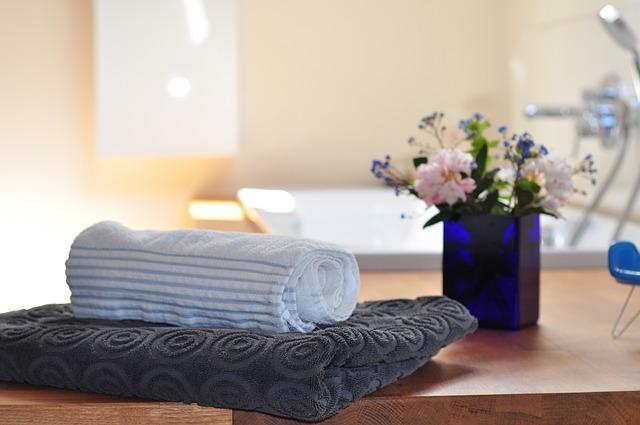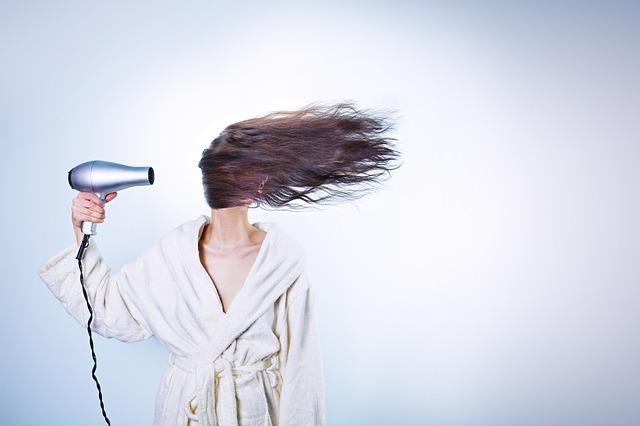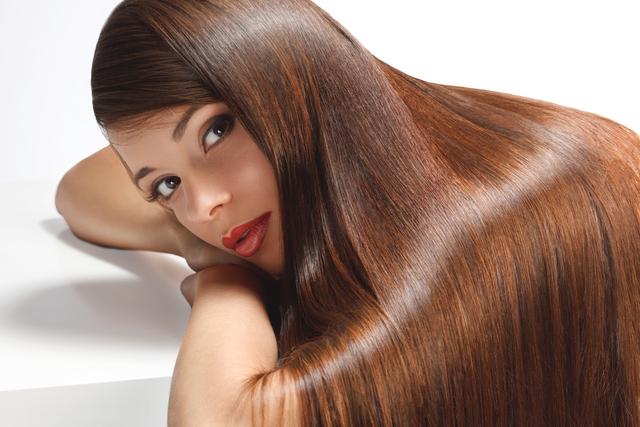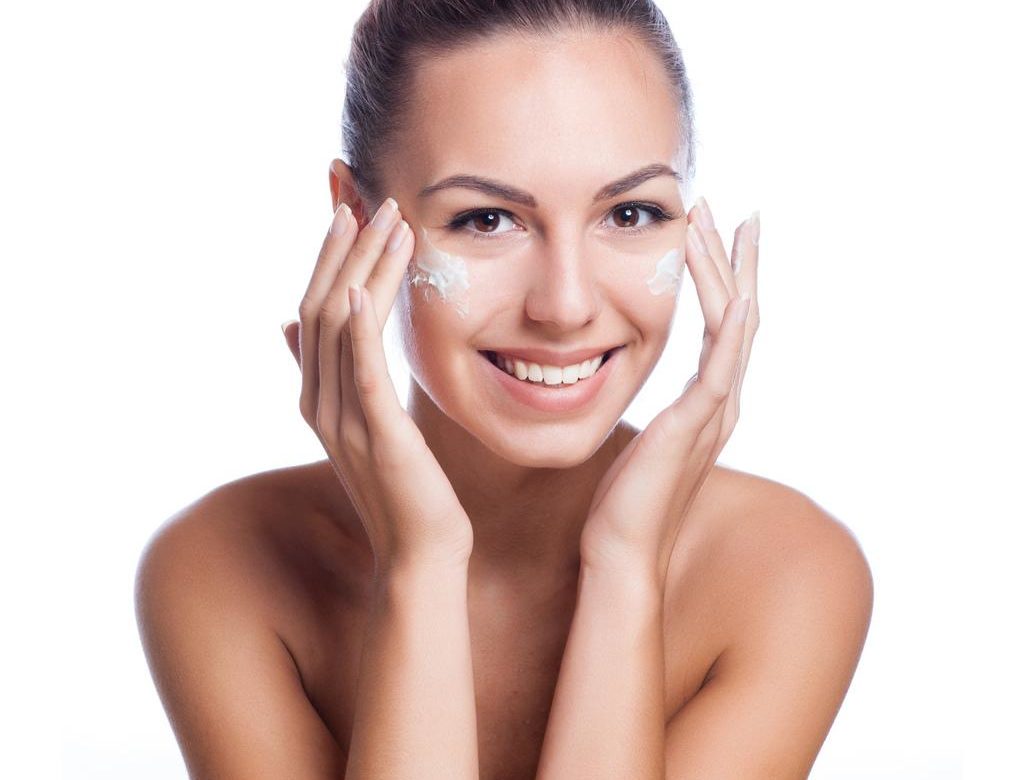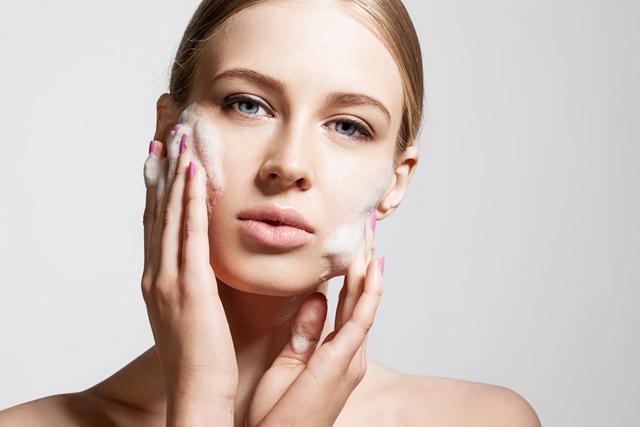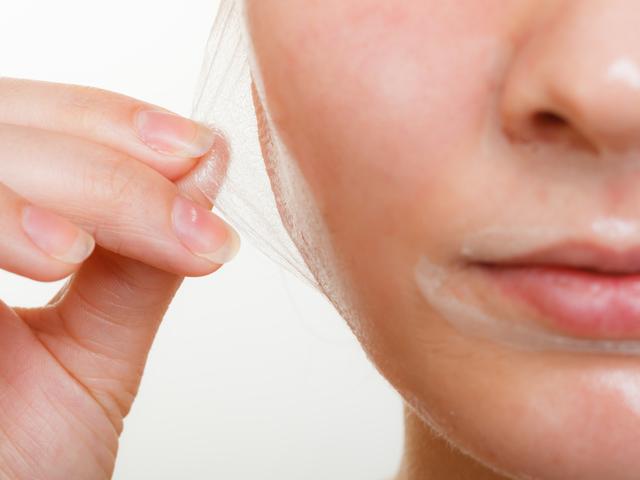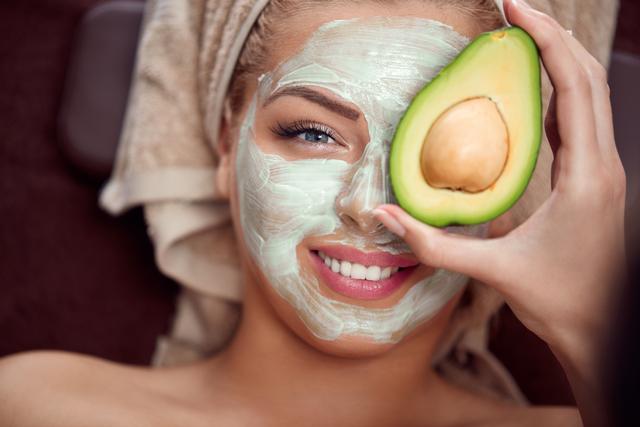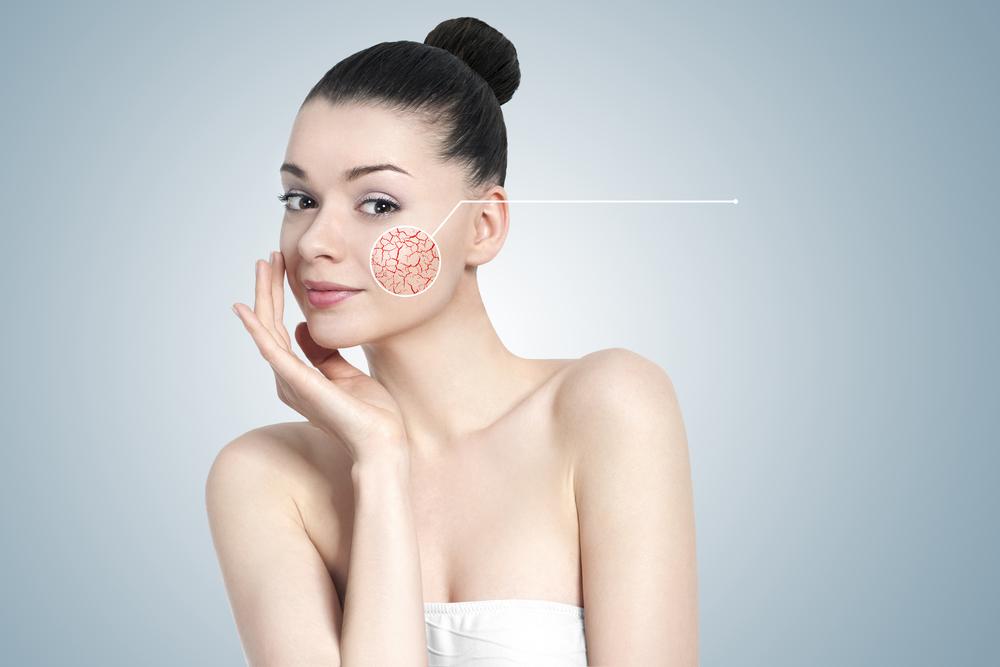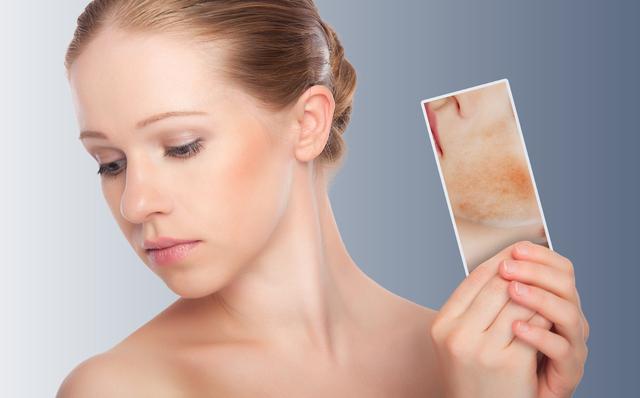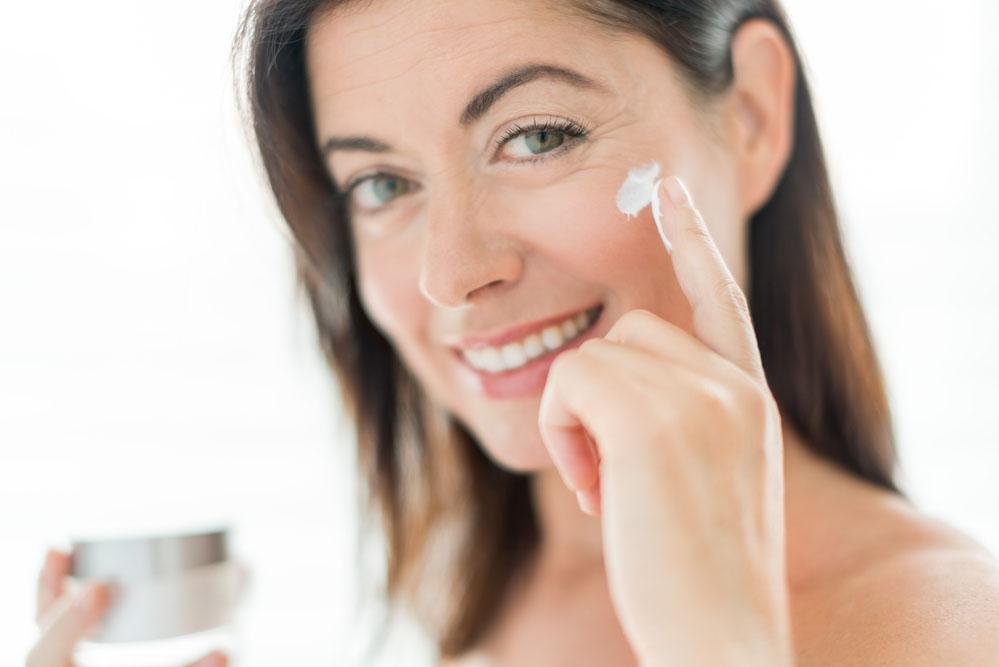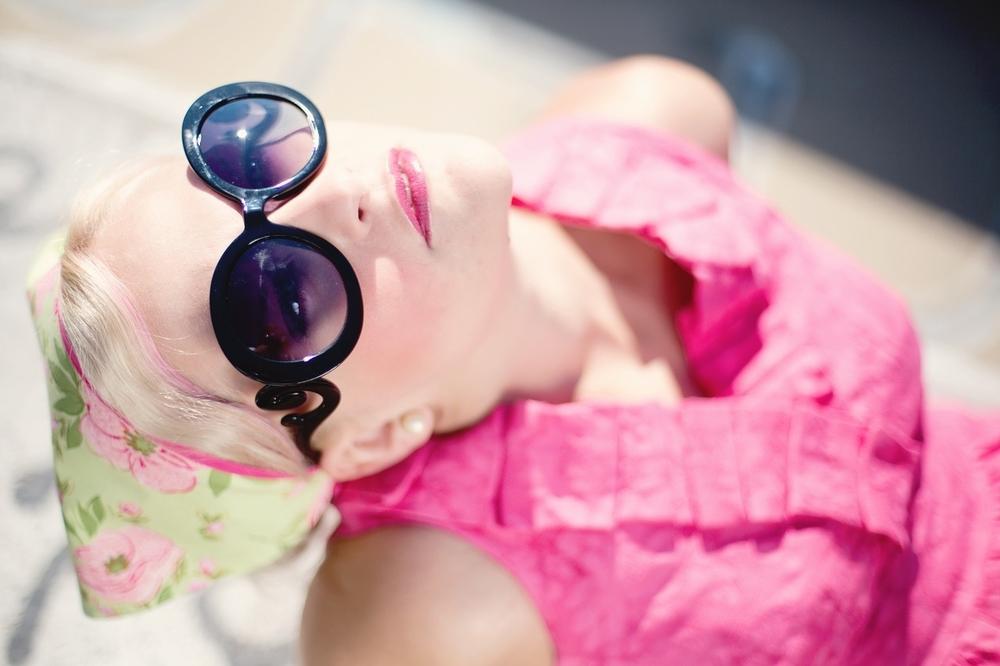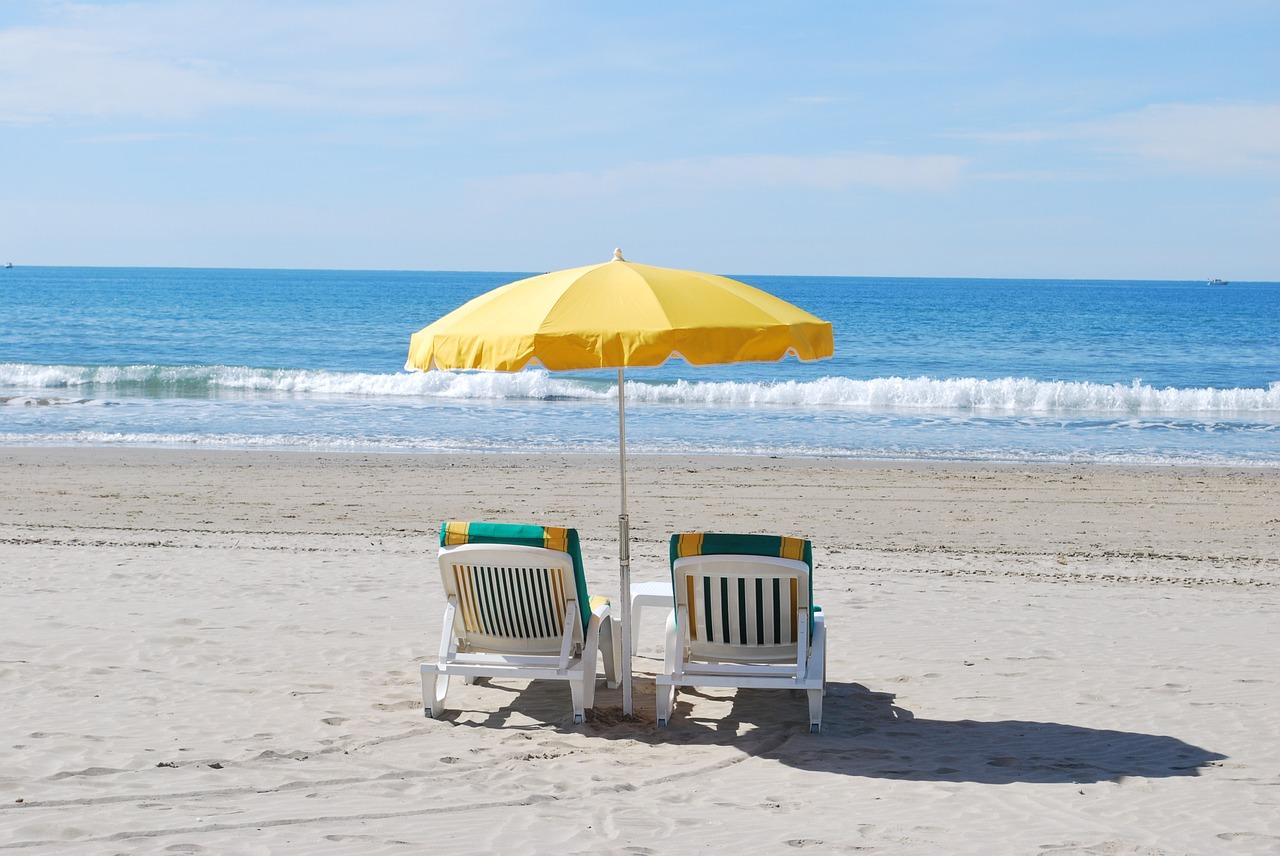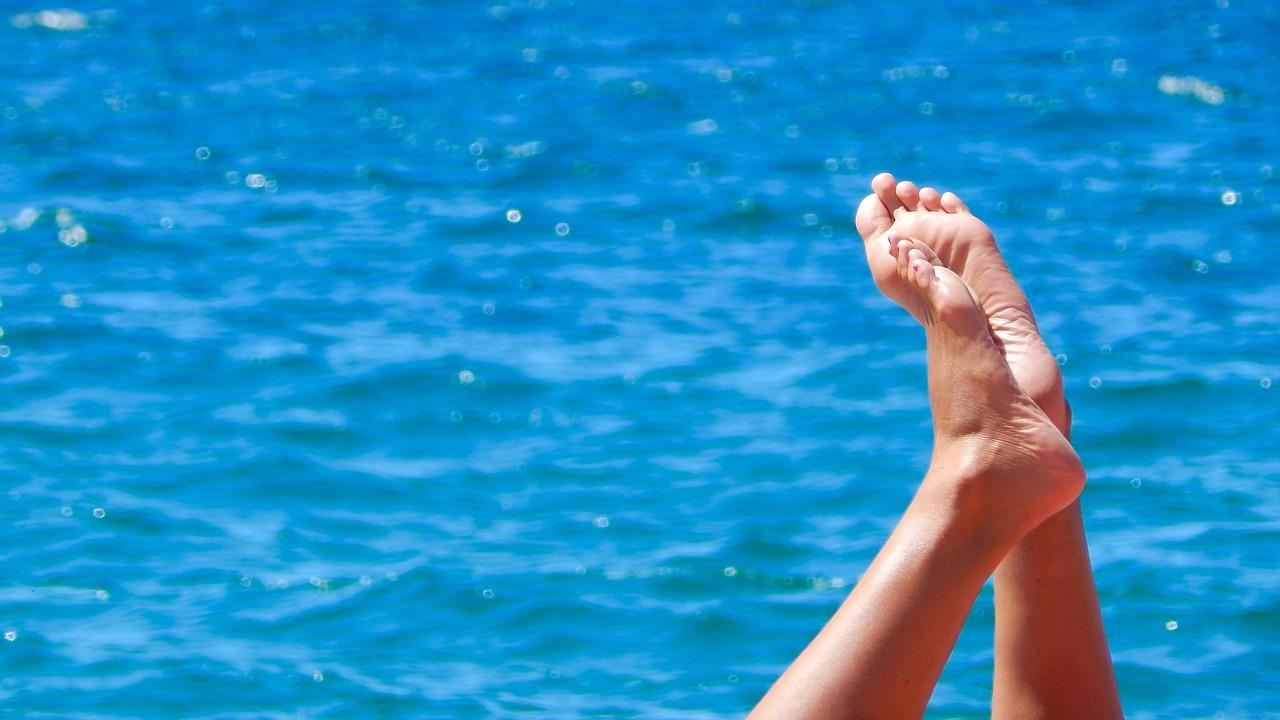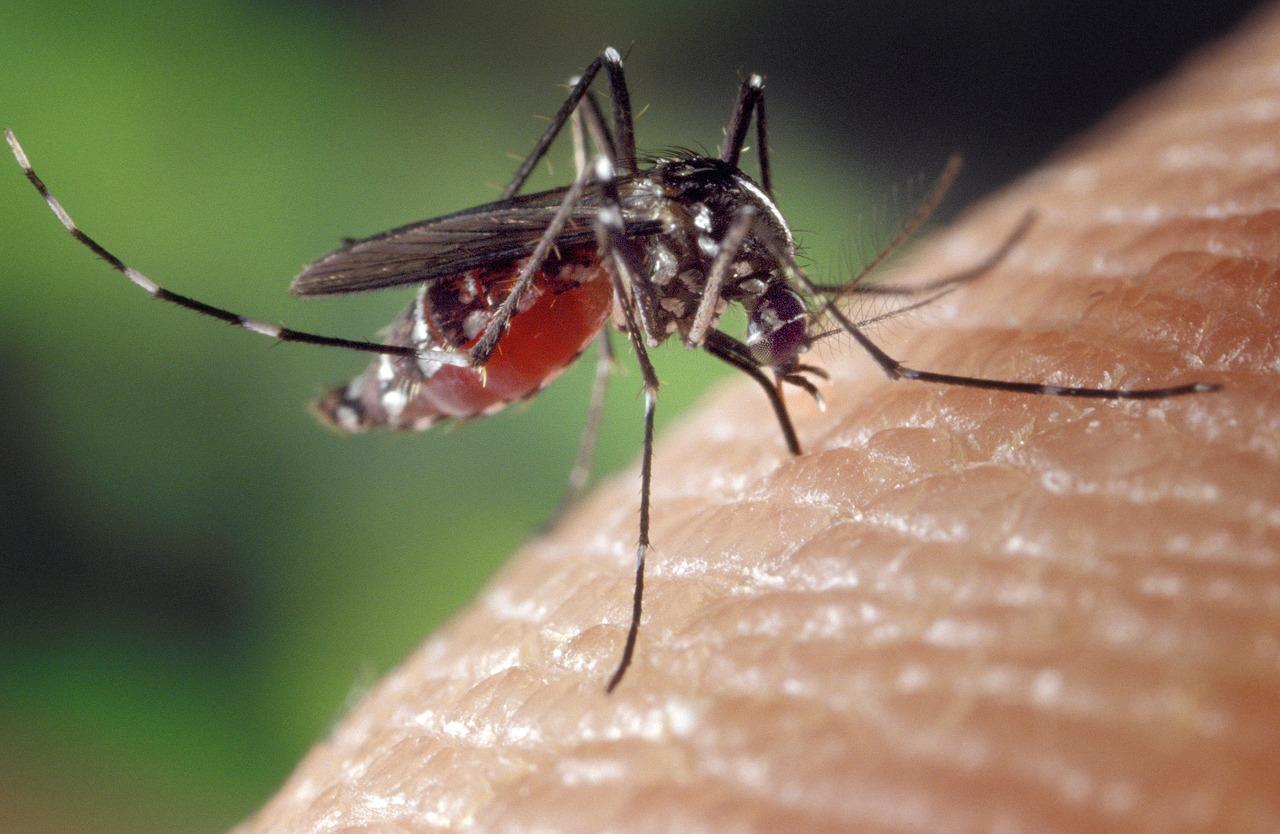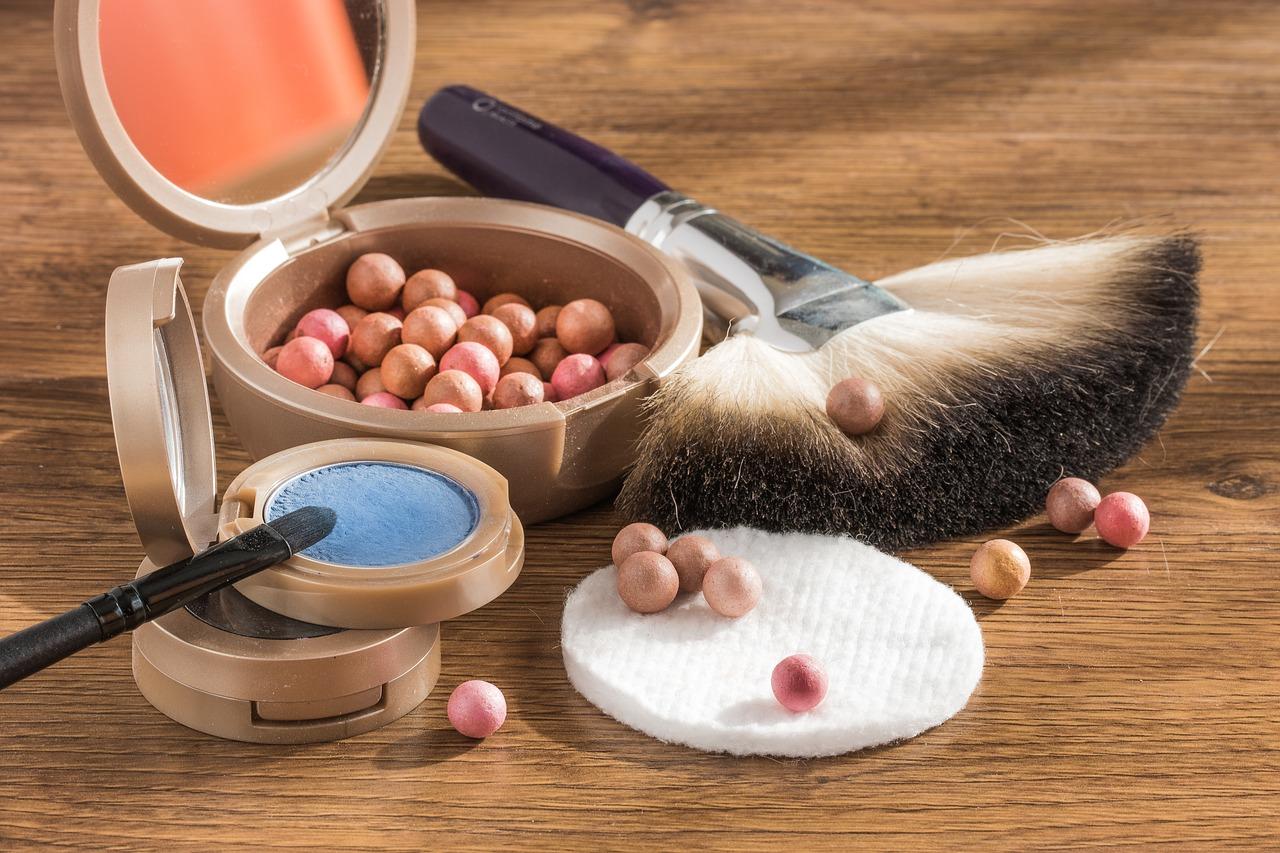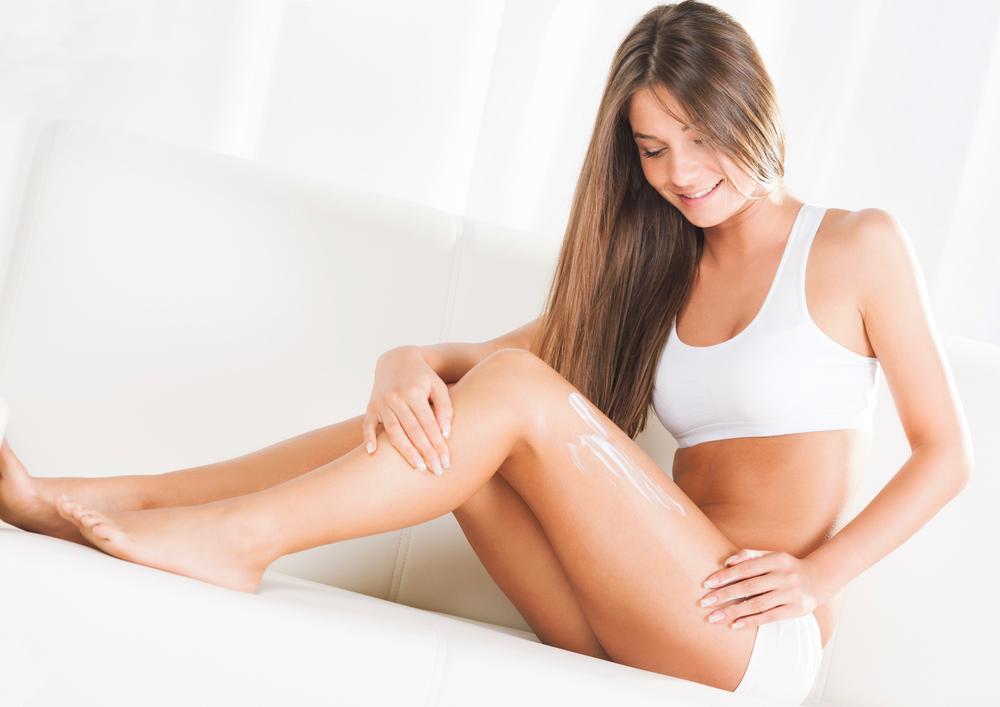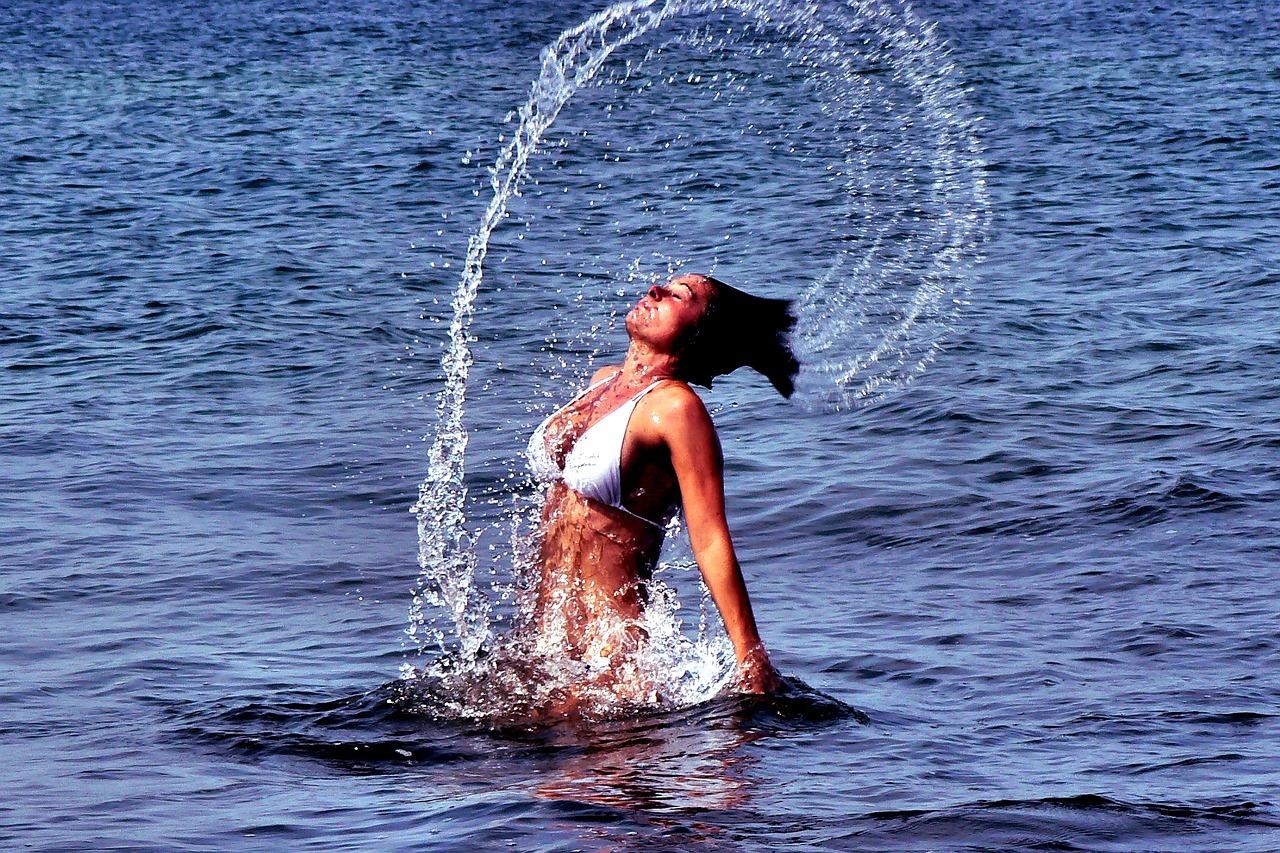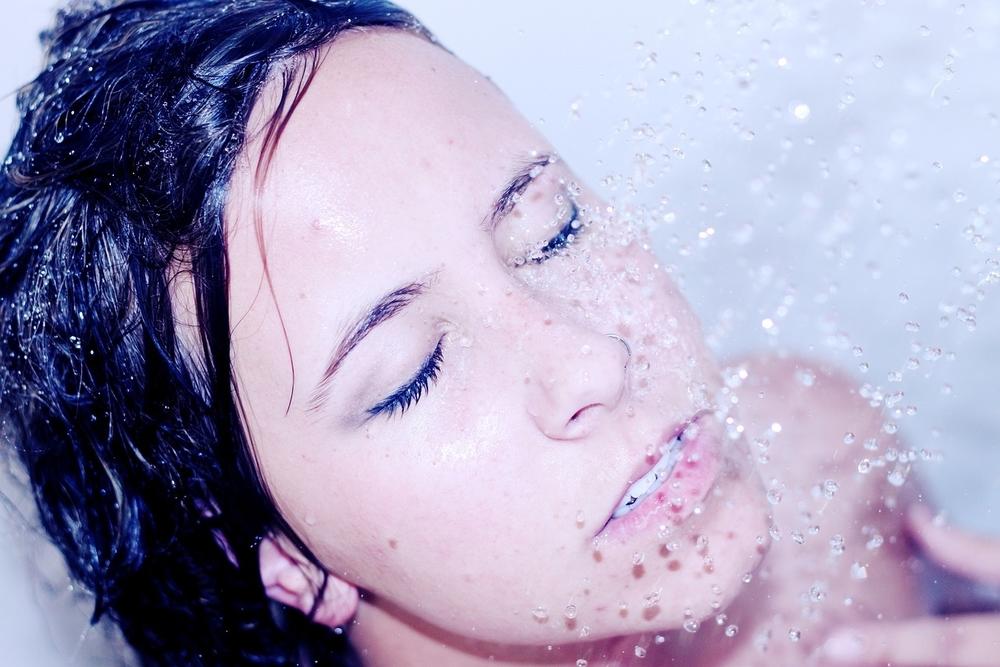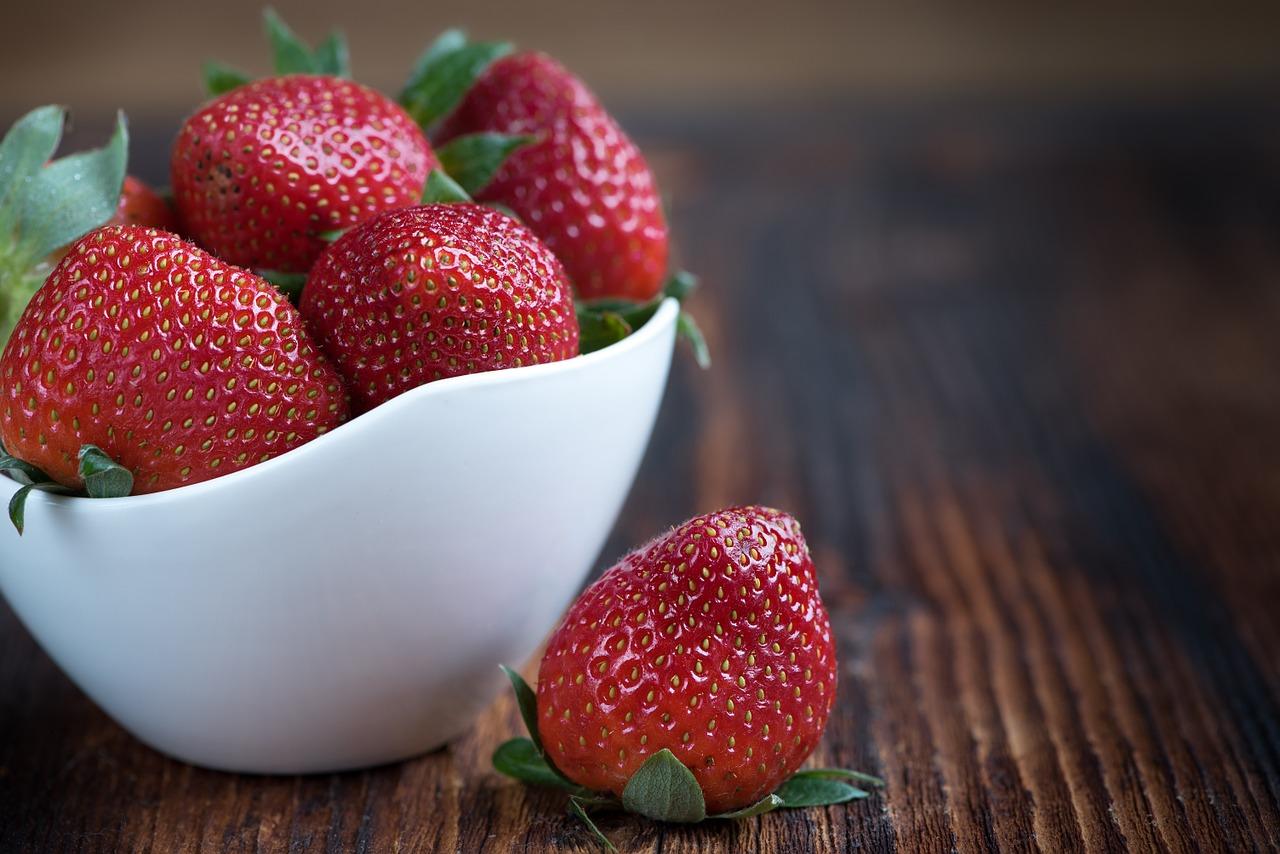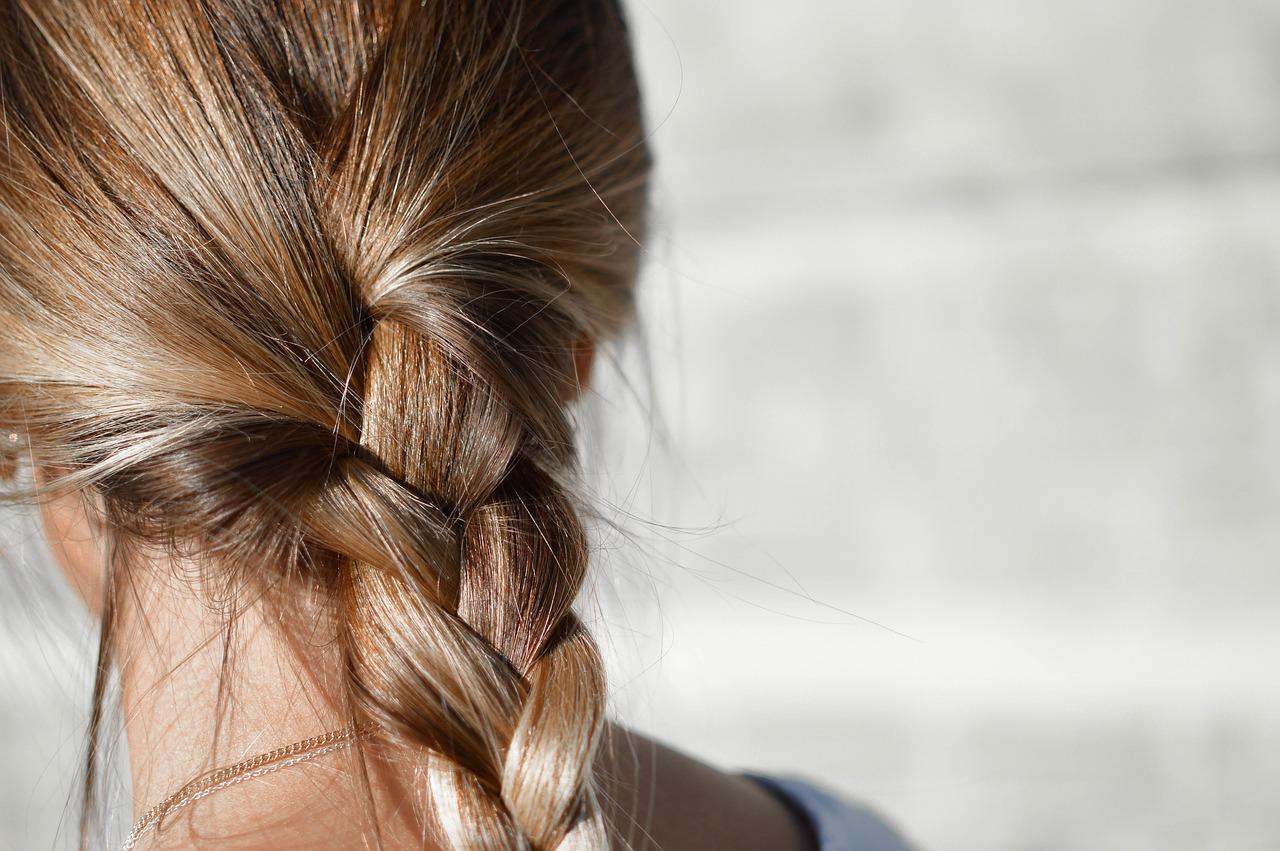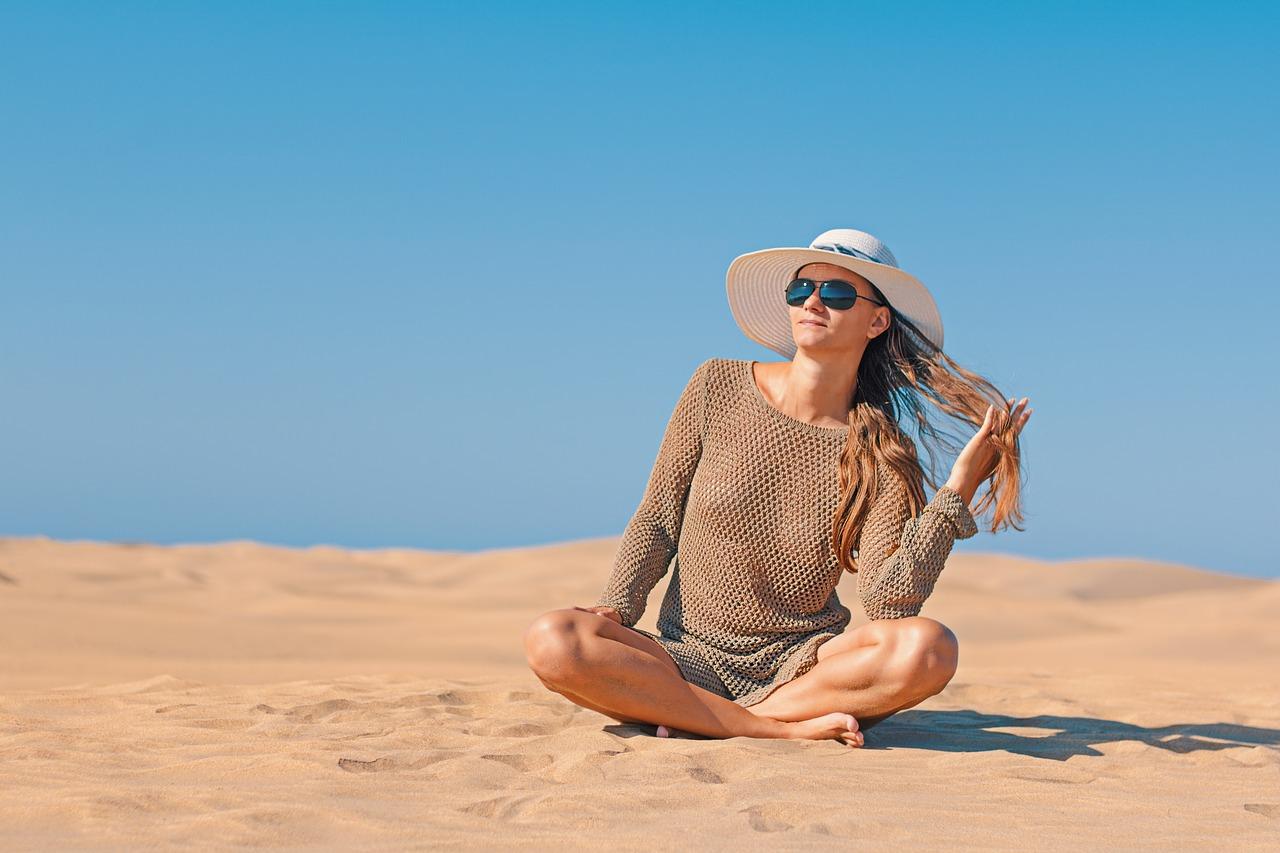Excessive hair is an aesthetic problem, which unfortunately is very often a direct cause of serious psychological problems. We most often associate it with hirsutism, i.e. male hair occurring in women, which, although not directly life threatening, can effectively hinder everyday functioning.
Excessive hair, however, is not only a female problem, it is also very common for men who, like women, have too much hair making their lives more troublesome. Today on my blog about how to get rid of unwanted hair.
Excessive hair is a problem that affects both sexes, unwanted hair appears, among others, on the face, chin, back, chest, abdomen, arms, hands or the inside of the thigh, causing discomfort, becoming a cause of shame, or hindering proper hygiene.

Where did these hair come from?
There are many reasons for the occurrence of excessive hair, in women we usually deal with the so-called hirsutism, that is, beard appearing in places typical for men.
Most often we locate them around the upper lip, chin, neck, temples, nipples, chest, back, stomach and inside of the thighs. The hair in these areas is stiff, thick and dark, so it is very easy to notice, but unfortunately it is extremely difficult to hide.
So they can easily hinder functioning in society, reduce comfort of life, and even become a cause of anxiety and depression. Hirsutism is a problem that occurs when we are dealing with a hormonal disorder, so it can appear both during puberty and menopause, it also happens that women notice the appearance of unwanted hair during pregnancy or as a side effect of some drugs, e.g. in hormone therapy or steroid treatment.
Hirsutism is often a symptom accompanying thyroid disease, polycystic ovary syndrome, adrenal disease, type 2 diabetes, insulin resistance, and obesity. Sometimes, however, this ailment is recorded in our genes and then hirsutism is not associated with any disease.
Excessive hair, as I have already mentioned, does not bypass men, it is with us that hypertrichosis occurs more often than women, i.e. excessive hair appearing all over the body (very rarely) or only in some of its areas.
Hypertrichosis, unlike hirsutism, has no hormonal background. It can be a congenital disease and then its causes should be seen in the genes or acquired appearing, e.g. as a side effect of some drugs, or the effect of malnutrition. Most often, however, men inherit the predisposition to excessive hair from their ancestors, then it is said that "such their beauty", although they usually think that excessive hair does not add beauty to them.
Diagnosis first
As you can see, excessive hair growth may occur as a symptom of irregularities in the functioning of our body, so treatment should always be started with the correct diagnosis. Therefore, it is worth going to an endocrinologist and, in the case of women, also a gynecologist and perform tests ordered by specialists, thanks to which it will be possible to identify or exclude a disease that causes excessive growth of unwanted hair. Very often, implementing the right therapy and changing your lifestyle can reduce unwanted symptoms.
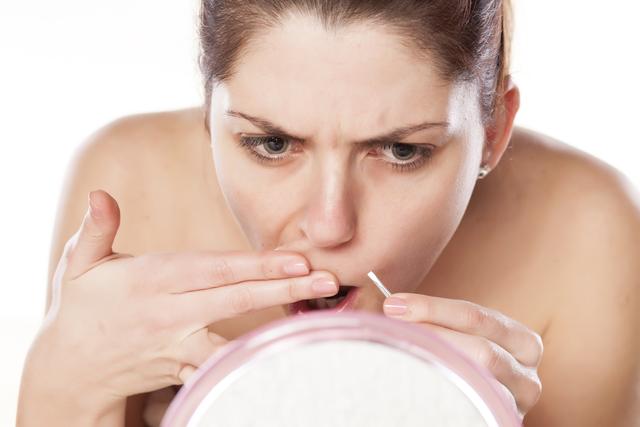
Temporary relief
Unfortunately, it also happens that excessive body hair does not go away or does not decrease satisfactorily even with the treatment recommended by the specialist.
Very often we also encounter excessive hair growth, which is not accompanied by any health problems, and then drug treatment is not applicable. In this case, people struggling with this condition, most often get rid of unwanted hair with the help of generally available hair removal preparations, mechanical depilatories, shavers or simply carefully removing the hair with the help of tweezers. Thanks to these methods, we can enjoy smooth skin, but unfortunately for a short time, hair removed in this way grows back (sometimes very quickly) and the problem begins again.
Hair removal
Hair removal is the temporary removal of unnecessary hair, we can do it yourself at home or in beauty salons. Epilation, in turn, is a treatment whose purpose is to remove unwanted hair permanently. To achieve the desired effect, however, it is not enough to perform one treatment, we must prepare for the whole series of them. Epilation is a treatment that you will not do yourself at home, you need specialized equipment and an experienced specialist who will not only carry out the procedure, but also determine the necessary amount and spacing between them.
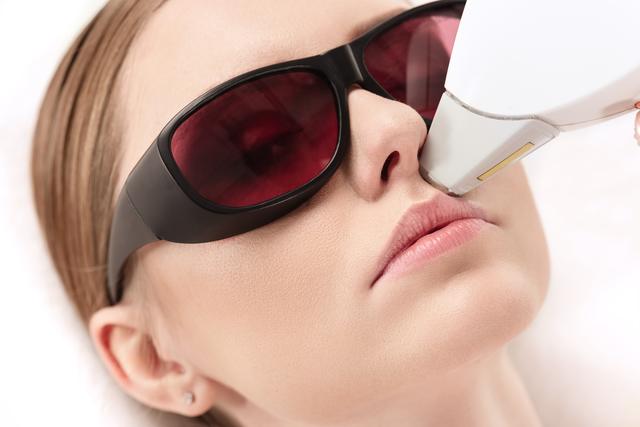
Can you get rid of unwanted hair permanently?
For patients who report this problem to REVIVE CLINIC™, after conducting a detailed interview that will allow for the exclusion of any diseases, I suggest performing a series of waxing or laser/ Forever Bare BBL hair removal treatments. Thanks to properly prepared laser/BBL therapy, we can significantly reduce excessive hair growth and even eliminate it completely. At REVIVE CLINIC™ we have the most effective and modern device that can not only very quickly, but also safely remove unwanted hair permanently.
Melanin is a natural dye that is responsible, among other things, for the color of our hair. If we have dark hair - there is a lot of it, and analogously, if our hair is light, it means that the concentration of melanin is low. Precise adjustment of parameters of Forever Bare BBL not only increases the effectiveness of the procedure, but also excludes the risk of burns.

Remember, however, that even the most modern device must be operated by an experienced specialist, only then it is possible to achieve satisfactory results while maintaining safety. In REVIVE CLINIC™ you will certainly be looked after by experts who, before proceeding with the first treatment, will conduct a detailed interview with you and carefully examine the places to be treated.
This is very important, because only a professional and individual approach to the patient allows you to correctly assess the problem and plan the appropriate therapy. You must be aware that in order to get rid of unnecessary hair, you need to perform several treatments, and the number and intervals between them should be decided by a doctor who will assess the severity of symptoms and the effects achieved over time.



